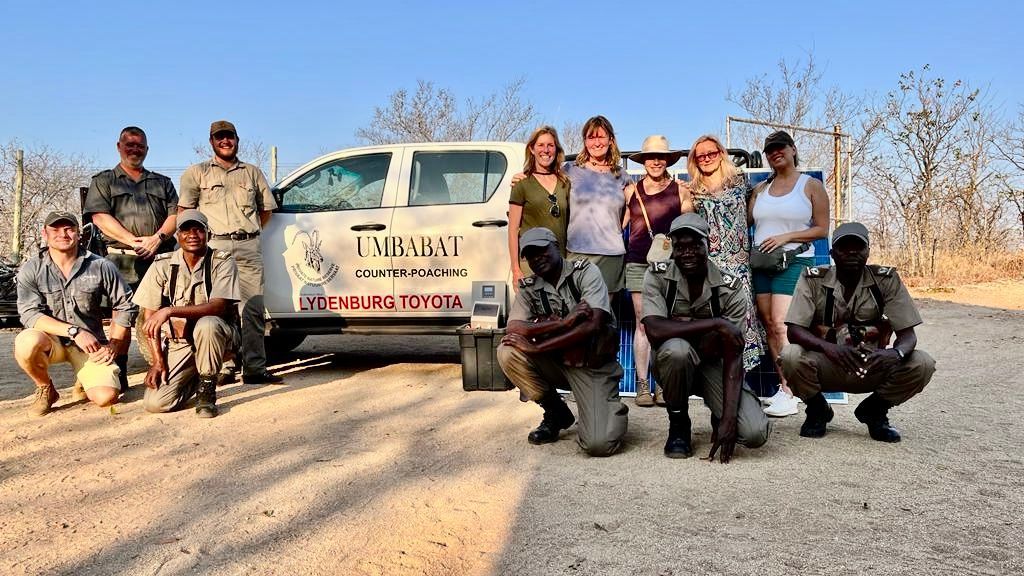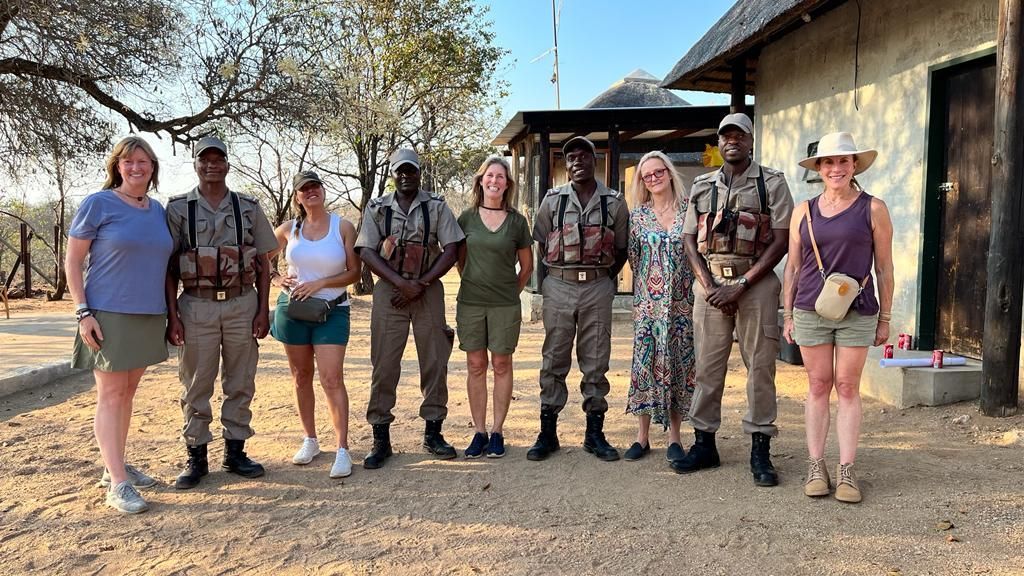Giving Back.

How can you give back to the planet by doing an African safari and conservation work?
There really are a variety of opportunities to give back to the planet. Here are some great ways you can contribute:
Support Conservation Organizations: Many safari operators collaborate with conservation organizations dedicated to preserving wildlife and habitats. Travelers can donate directly to these organizations or participate in fundraisers organized by safari lodges.
Volunteer Programs: Numerous safari lodges and conservation projects offer volunteer opportunities for travelers interested in actively contributing to conservation efforts. Volunteers can assist with tasks such as wildlife monitoring, habitat restoration, and community outreach programs. Remember, you just have to do your research on who is legit and who is not.
Wildlife Monitoring and Research: Join guided wildlife monitoring excursions that allow travelers to assist conservationists in tracking animal populations, recording behavioral data, and collecting valuable research information. This data helps inform conservation strategies and management plans.
Anti-Poaching Initiatives: Some safari operators support anti-poaching efforts by funding ranger patrols, providing equipment and training, and raising awareness about the impacts of poaching on wildlife populations. Travelers can contribute by participating in ranger-led patrols or by spreading awareness about the importance of wildlife protection. I first participated with the Ulinzi Africa Foundation in Kenya as they offered a ‘walk with rangers’ style program. It is owned and operated by founder Rabbia Hawa.

Habitat Restoration Projects: Participating in habitat restoration projects, such as tree planting initiatives or invasive species removal programs, helps improve the health and resilience of ecosystems. Travelers can volunteer their time to work alongside local communities and conservation organizations in restoring degraded habitats. I did this for Africa Impact around 10 years ago.
Community Engagement and Development: Sustainable tourism prioritizes the well-being of local communities living in or near wildlife habitats. Travelers can support community development initiatives by purchasing locally made crafts (avoid wood), visiting community-owned tourism enterprises, and engaging in cultural exchanges with residents.
Educational Outreach: Safari guides often serve as ambassadors for conservation, providing educational opportunities for travelers to learn about local ecosystems, wildlife conservation challenges, and sustainable living practices. Travelers can actively engage in these educational experiences, which is quite impactful.
Responsible Travel Practices: Adopting responsible travel practices minimizes the ecological footprint of tourism activities. Travelers can choose eco-friendly accommodations, reduce plastic waste, conserve water and energy, and respect wildlife and cultural sensitivities during their safari experience.
By participating in these activities and supporting responsible tourism practices, travelers can actively contribute to conservation efforts while enjoying the unparalleled beauty of Africa's natural landscapes and wildlife.
